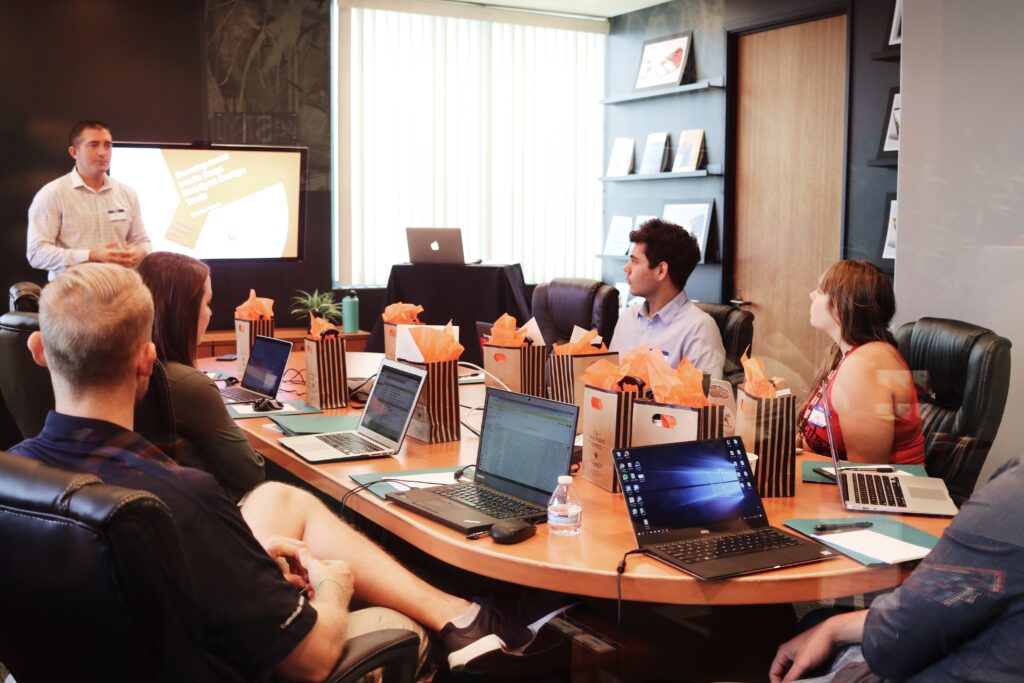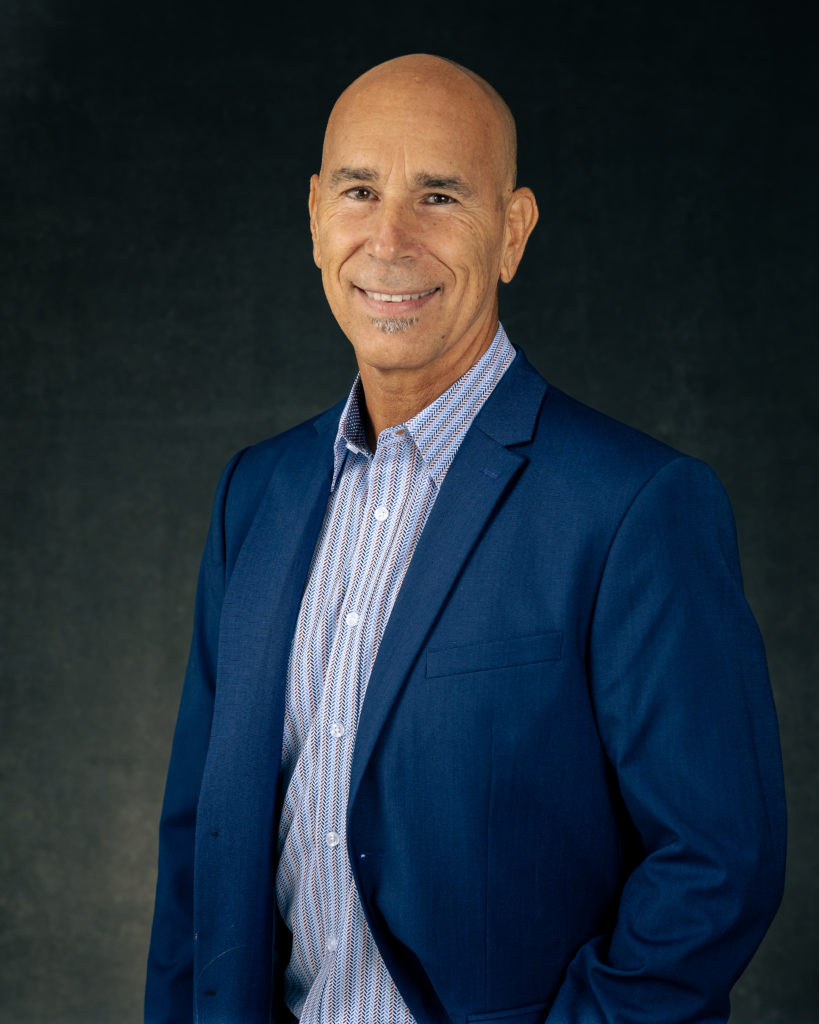How an Intentional Morning Routine Can Boost Focus, Productivity, and Stress Management Throughout the Day
As a busy entrepreneur, your days are often filled with meetings, decisions, and unexpected challenges that require your attention. With so much to juggle, it can be easy to jump right into work mode the moment you wake up, answering emails, reviewing tasks, and mentally preparing for a hectic schedule. But what if, instead of rushing into the day, you could start with intention, clarity, and calm?
A well-designed morning routine can be the difference between a reactive, stressful day and one where you feel focused, productive, and in control. By creating space for yourself at the start of the day, you set a positive tone that boosts your focus, enhances productivity, and helps manage stress throughout the day. In this article, we’ll explore how busy entrepreneurs can craft an intentional morning routine that maximizes efficiency and well-being.
Why Morning Routines Matter for Entrepreneurs
Mornings are the foundation of your day. How you spend those first few hours can influence your mindset, energy levels, and productivity. A scattered, rushed morning often leads to a day of playing catch-up, while a structured, intentional morning routine sets you up for success.
Here’s why an intentional morning routine is critical for entrepreneurs:
- Boosts Focus and Clarity: Starting your day with clear, intentional actions primes your mind for focus. You’re more likely to stay on task and make better decisions throughout the day.
- Reduces Stress: By incorporating mindfulness or exercise into your morning routine, you can manage stress before it accumulates, leaving you more resilient to the challenges that arise later.
- Enhances Productivity: When you take control of your morning, you set a proactive tone. You’re more likely to prioritize tasks and work efficiently, rather than reacting to distractions.
- Supports Work-Life Balance: A consistent morning routine allows you to dedicate time to yourself, ensuring that personal well-being doesn’t get lost in the hustle of entrepreneurship.
Example: An entrepreneur who starts their day with 30 minutes of exercise, followed by a short meditation and a focused review of their daily goals, is likely to approach the day with greater clarity and calm compared to someone who jumps straight into emails and work demands.
1. Wake Up Early and Consistently
Consistency is key when it comes to morning routines. By waking up early and at the same time each day, you create a sense of structure and predictability that helps you feel more grounded. Waking up early also gives you uninterrupted time before the demands of the day begin, allowing you to focus on personal priorities without distractions.
Tips for Waking Up Early:
- Set a Bedtime: Getting enough sleep is essential for productivity. Set a consistent bedtime that allows you to wake up feeling rested. Aim for 7-8 hours of sleep each night.
- Avoid Hitting Snooze: Resist the urge to hit the snooze button. Getting up as soon as your alarm goes off sets a proactive tone and prevents you from feeling groggy.
- Gradually Adjust Your Wake-Up Time: If waking up early is a challenge, gradually adjust your wake-up time by 15 minutes each day until you reach your desired time.
Example: A business owner might wake up at 6 AM each day, giving themselves a quiet hour before the workday begins to focus on self-care, planning, or reading.
2. Move Your Body to Boost Energy
Physical activity is a powerful way to kickstart your morning. Exercise not only boosts your energy levels but also improves mood, mental clarity, and focus. Whether it’s a quick workout, a yoga session, or a morning walk, moving your body helps shake off grogginess and prepares you for a productive day.
Morning Exercise Ideas:
- Quick Cardio Workout: A 20-30 minute cardio session, whether it’s running, cycling, or a HIIT workout, gets your heart rate up and releases endorphins that improve your mood and focus.
- Morning Stretch or Yoga: If you prefer something gentler, try yoga or stretching. These practices help reduce muscle tension, increase flexibility, and create a sense of calm.
- Go for a Walk: A brisk morning walk can clear your mind, increase blood flow, and give you a mental break before the workday begins.
Example: An entrepreneur might start their day with a 15-minute yoga session to stretch their body, reduce tension, and set a peaceful tone for the day. This practice not only improves their physical health but also helps reduce stress before jumping into work.
3. Practice Mindfulness or Meditation
Mindfulness or meditation is a powerful addition to any morning routine, especially for busy entrepreneurs. Taking even a few minutes to center yourself can improve focus, reduce anxiety, and help you stay present throughout the day. Mindfulness practices help you approach challenges with calm and clarity, rather than feeling overwhelmed by stress.
How to Incorporate Mindfulness into Your Routine:
- Morning Meditation: Start with 5-10 minutes of meditation. Focus on your breath, observe your thoughts without judgment, and allow yourself to be fully present. Apps like Headspace or Calm can help guide your practice.
- Gratitude Practice: Take a moment to write down three things you’re grateful for. This simple practice shifts your mindset to positivity and helps you approach the day with a sense of appreciation.
- Breathing Exercises: If meditation isn’t your style, try deep breathing exercises. Taking a few minutes for mindful breathing helps calm the mind and reduce stress, leaving you better equipped to handle the day’s challenges.
Example: A business owner might incorporate a 10-minute meditation into their morning routine, using this time to clear their mind, set a positive intention for the day, and cultivate a sense of calm before diving into work.
4. Plan and Prioritize Your Day
A productive day starts with a clear plan. Rather than reacting to emails and tasks as they come, take a few minutes in the morning to review your priorities and outline your most important tasks. By setting clear goals for the day, you can focus your energy on high-impact activities and avoid distractions.
How to Plan Your Day:
- Review Your Calendar: Start by reviewing any meetings, deadlines, or appointments on your calendar. This helps you anticipate the flow of your day and prepare accordingly.
- Set Your Top 3 Priorities: Identify the three most important tasks you need to accomplish. These are the high-value activities that will move your business forward, so focus on them first.
- Time Block Your Day: Use time blocking to allocate specific periods for focused work, meetings, and breaks. This helps you stay organized and ensures you’re making progress on your priorities.
Example: An entrepreneur might spend 10 minutes after breakfast reviewing their to-do list, identifying their top three priorities, and blocking out time for deep work in the morning before handling meetings or emails.
5. Eat a Nutritious Breakfast
A healthy breakfast fuels your body and mind, giving you the energy and focus needed to tackle the day ahead. Avoid skipping breakfast or grabbing unhealthy snacks—choose nutrient-dense foods that provide sustained energy and support brain function.
Healthy Breakfast Ideas:
- Protein-Packed Smoothie: Blend up a smoothie with protein powder, spinach, berries, and almond milk for a quick, nutritious breakfast that’s easy to digest.
- Oatmeal with Toppings: Start your day with a bowl of oatmeal topped with nuts, seeds, and fruit for a slow-release source of energy that keeps you full and focused.
- Eggs and Veggies: A high-protein breakfast like scrambled eggs with sautéed vegetables provides lasting energy and helps stabilize blood sugar levels throughout the morning.
Example: A business owner might prepare a protein smoothie with greens and berries before heading into their office. This quick, nutrient-rich meal supports mental clarity and provides the energy needed to stay productive.
6. Limit Distractions and Screen Time
One of the biggest productivity killers for entrepreneurs is diving into emails, social media, or notifications as soon as the day starts. Instead of letting external demands dictate your morning, focus on your personal routine and goals before checking in on work-related distractions.
How to Limit Morning Distractions:
- Avoid Checking Emails First Thing: Resist the urge to check your inbox or respond to messages right when you wake up. Instead, dedicate the first part of your morning to personal priorities and focus.
- Set a Social Media Time Limit: If you like to browse social media in the morning, set a strict time limit to avoid getting sucked into endless scrolling.
- Use Focus Tools: If you find it hard to stay off your phone or avoid distractions, use apps like Freedom or StayFocusd to block distracting sites or notifications until you’ve completed your morning routine.
Example: A busy entrepreneur might commit to not checking their phone until after they’ve completed their morning exercise, meditation, and planning. This allows them to start the day with focus and intention rather than reacting to external demands.
Start Your Day with Intention
As an entrepreneur, your morning routine is one of the most powerful tools you have for boosting productivity, managing stress, and setting the tone for a successful day. By waking up early, incorporating movement, practicing mindfulness, and planning your day with intention, you create a foundation that helps you stay focused, energized, and resilient no matter what challenges arise.
Remember, the key to an effective morning routine is consistency. Even small, intentional actions can make a big difference in how you approach your day, your work, and your well-being.
Call to Action:
Start designing your ideal morning routine today. Choose one or two practices—whether it’s meditation, exercise, or planning—and commit to incorporating them into your mornings for the next week. Notice how these simple changes improve your focus, productivity, and overall well-being.
Schedule a Free Consultation Today!









